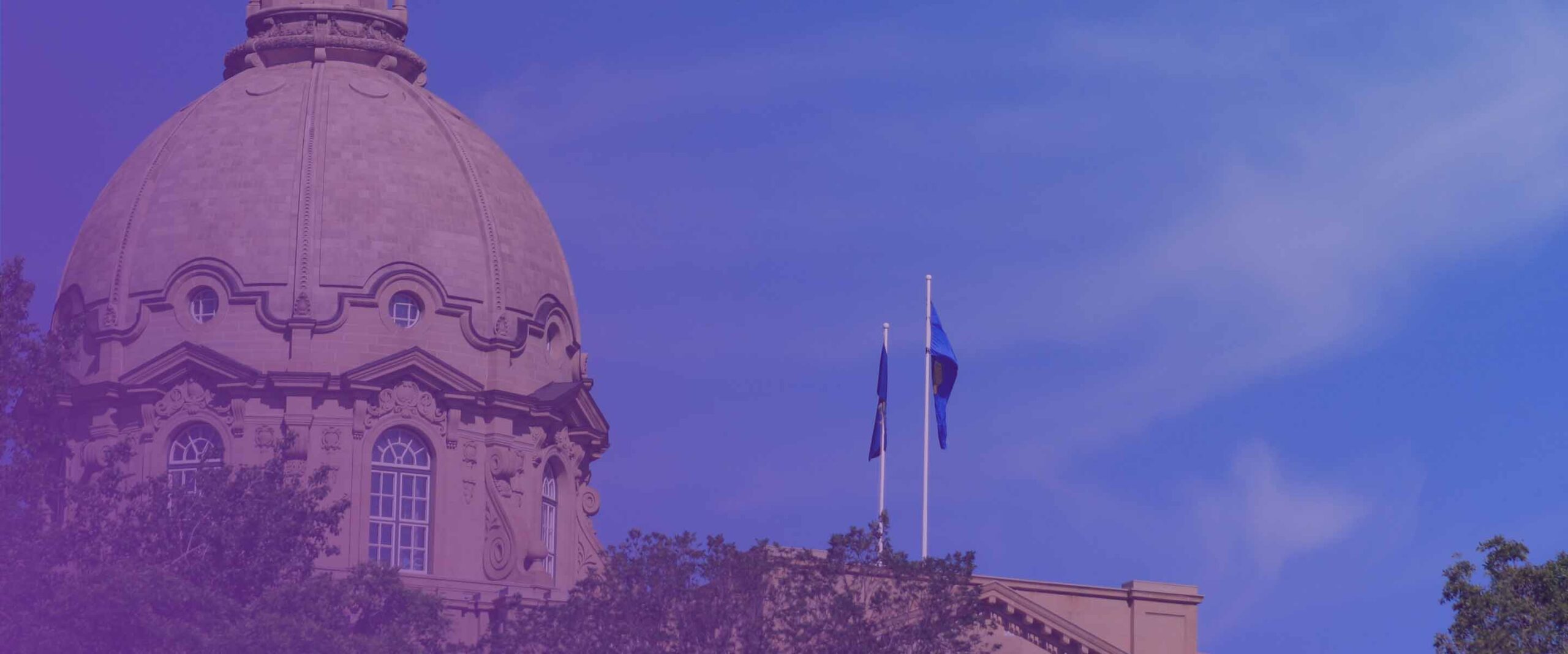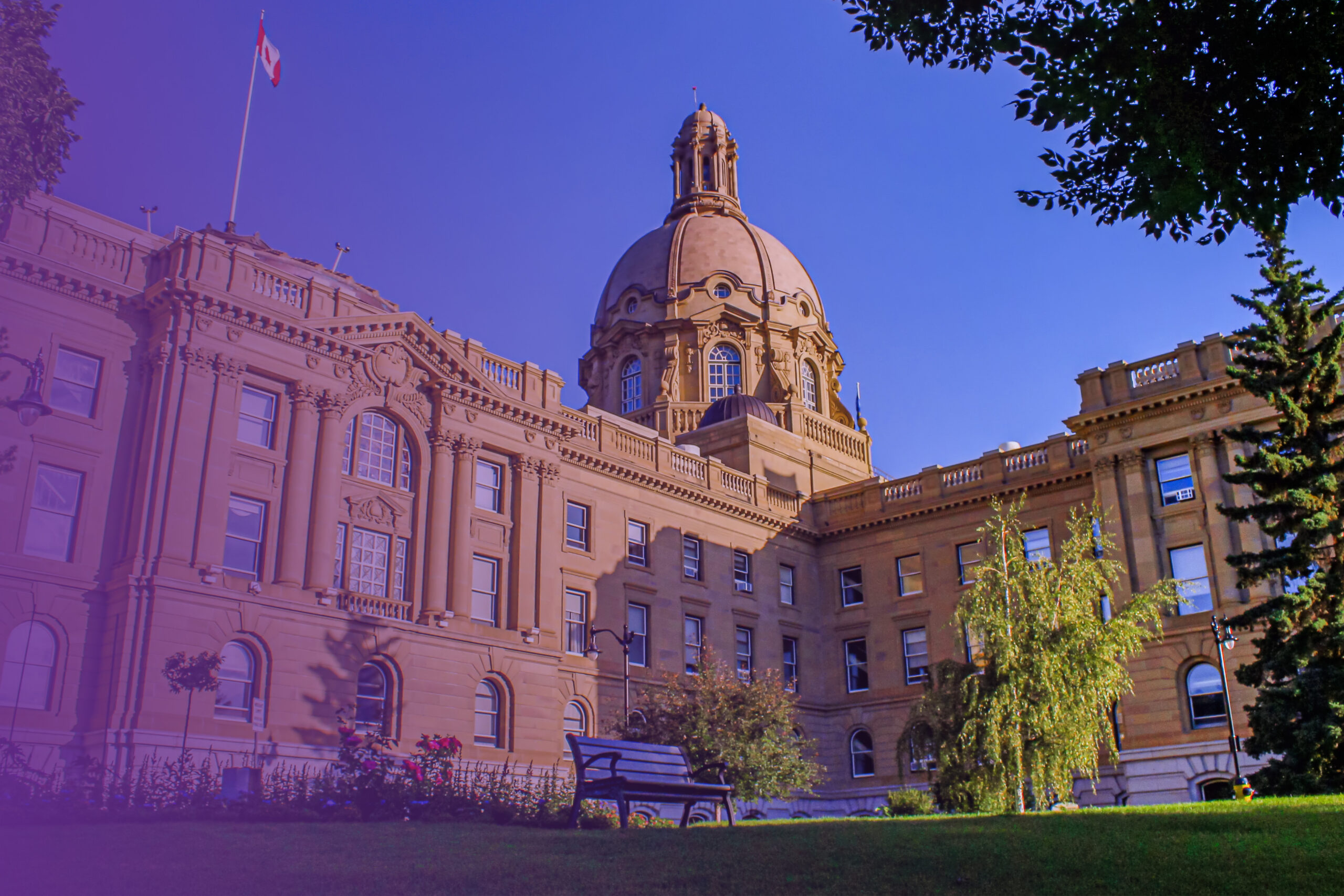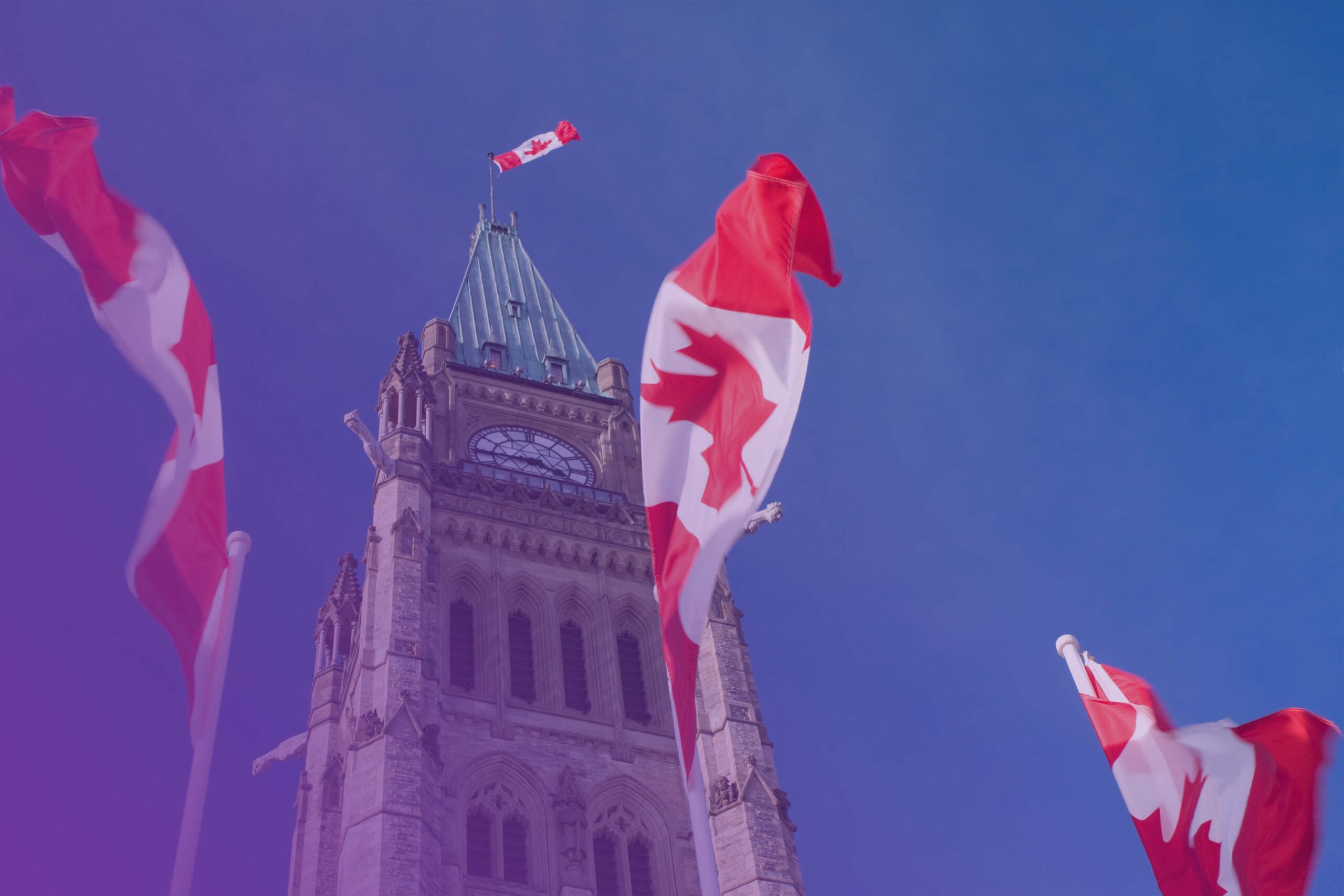Highlights from Crestview Strategy’s weekly Canada-wide newsletter:
Alberta
Alberta Companies Hesitant Over Federal Capital Gains Tax Hike, Yet Welcoming of New Initiatives
Alberta stakeholders are concerned that the federal government’s increase to the capital gains tax announced in the 2024 budget will deter investment from the province. The capital gains inclusion rate for individuals on gains above $250,000, and for all gains for corporations and trusts, will rise to 66% from 50%. The government views the tax increase as a significant revenue source, projecting $19.4 billion over four years. Despite these concerns, stakeholders highlighted some positive news from the budget, including the entrepreneur’s incentive, the inclusion of oil and gas eligibility in the Indigenous Loan Guarantee Program, and the carbon tax refund for small and medium sized businesses.
Atlantic Canada
Atlantic Premiers push for carbon tax rebates for region’s SMEs
Atlantic Premiers have written to Deputy Premier and Minister of Finance Chrystia Freeland and Small Business Minister Rechie Valdez to express their concerns with the federal government’s approach to managing carbon tax rebates for small and medium-sized enterprises (SMEs), urging a one-time payment to support entrepreneurs. According to the Canadian Federation of Independent Business, more than $70 million in stalled rebates is owed to SMEs in the four Atlantic provinces. While the federal government says it is working to return the funds, no deadline has been given for when businesses will begin receiving their payments.
British Columbia
B.C. Transfers Ownership Title of Haida Gwaii to Haida Nation in Historic Agreement
The B.C. government and the Council of the Haida Nation have finalized an agreement that officially acknowledges the Aboriginal title of Haida Gwaii, concluding a legal battle initiated over twenty years ago. The deal, termed as a “foundational step” by Indigenous Relations and Reconciliation Minister Murray Rankin, signifies a chosen path of creativity and courage over litigation, ensuring clarity without affecting private properties or existing jurisdictions. Council President Jason Alsop emphasized the agreement’s recognition of the Haida’s longstanding ties to the land, countering past denials and asserting Haida Gwaii as inherently Haida. The “Rising Tide” agreement, praised by Premier David Eby as groundbreaking, marks a new method of acknowledging Aboriginal title, set to be introduced into legislation as a first in Canada.
Ontario
Ontario is introducing a new legislation under The Support Children’s Futures Act, 2024
The Ontario government has introduced the legislation to further improve the safety, well-being, and privacy of children and youth in care and out-of-home care settings. The Supporting Children’s Futures Act, 2024, will strengthen oversight of foster care and group homes, enhance privacy protections, increase visitation frequency by children’s aid societies, expand information requirements for those working with vulnerable children, and ensure awareness of the Ombudsman’s office. These changes build on ongoing efforts to improve child and family services, including the Ready, Set, Go program launched in April 2023, which supports youth in the child welfare system with life skills and education opportunities.
Ottawa
Budget 2024 tries to sell youth a more affordable life with billions in spending
The Liberal government introduced a federal budget focused on young Canadians, aiming to address various issues such as housing affordability and costly concert ticket fees. Despite a stronger-than-expected economy, the $57 billion spending plan includes new taxes targeting the wealthiest individuals. Measures to boost housing supply and accessibility are central, with plans to build more homes and support first-time homebuyers. Additionally, proposals to crack down on fraudulent ticket sellers and improve student financial aid were highlighted. Changes to capital gains taxes are also outlined, expected to generate additional tax revenue over the next six years. However, concerns persist about the impact on business investment and inflation. Opposition parties criticized the budget’s spending, with the Conservatives labeling it as wasteful and the NDP expressing reservations.
Toronto
Councillors Vote to Keep Vacant Home Tax Despite ‘Complete Mess’, Amid Staff Departures and Reversed Charges
Last week, councillors deliberated on a proposal to eliminate the Vacant Home Tax, which was ultimately rejected by a vote of 5-18. Instead, they opted to endorse a report from city staff, which thoroughly review and redesign the Vacant Home Tax program for the upcoming year. Toronto Mayor Olivia Chow has openly acknowledged significant flaws in how the city’s vacant home tax has been implemented, labeling it a “complete mess.” She pointed out that at least one staff member involved in designing the program is no longer with the city. Despite these shortcomings, Chow stressed the tax’s importance in tackling the housing shortage crisis by discouraging speculation and increasing housing availability.



